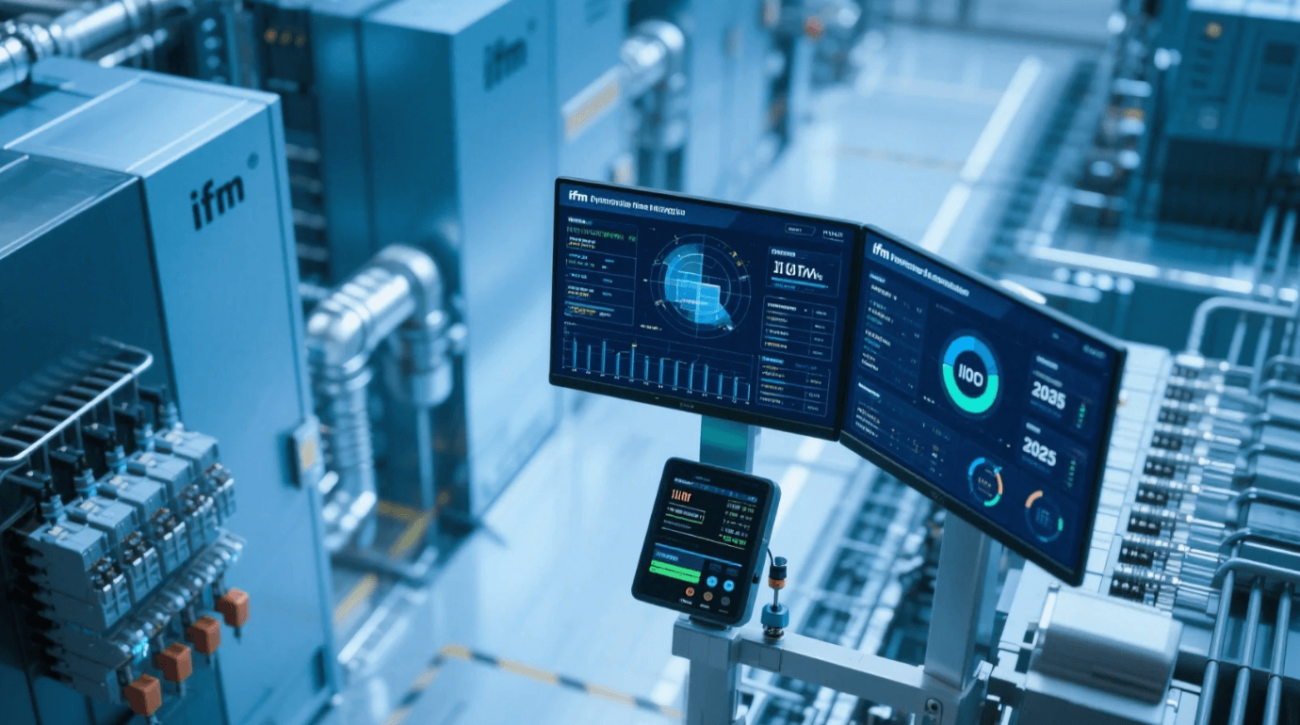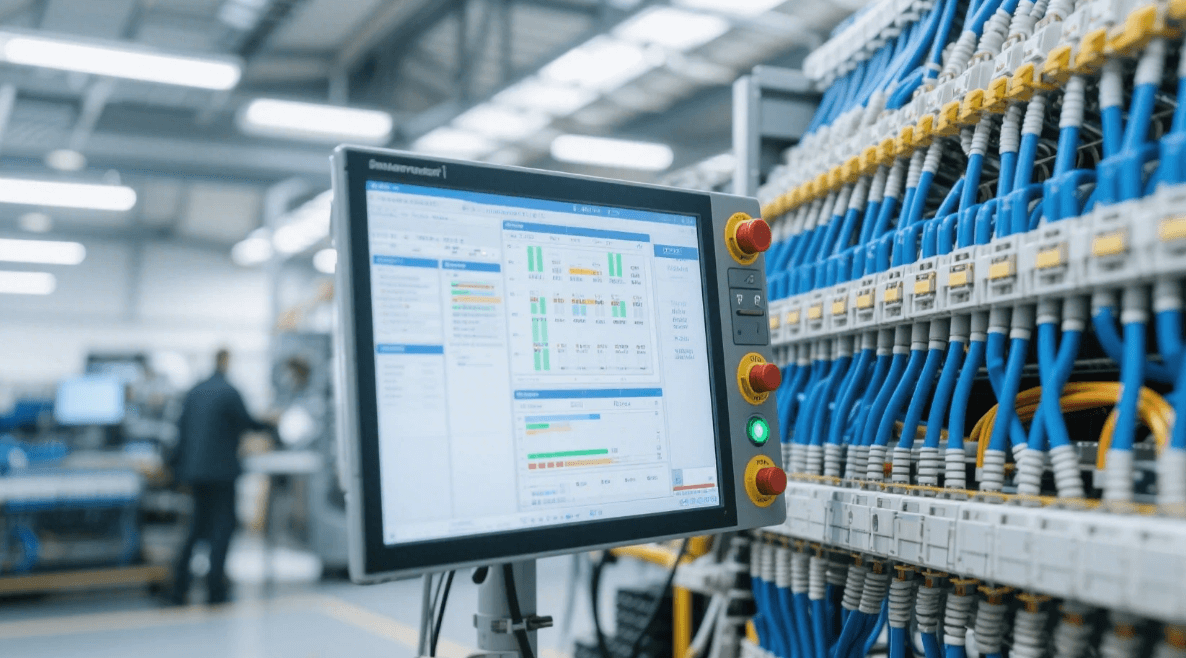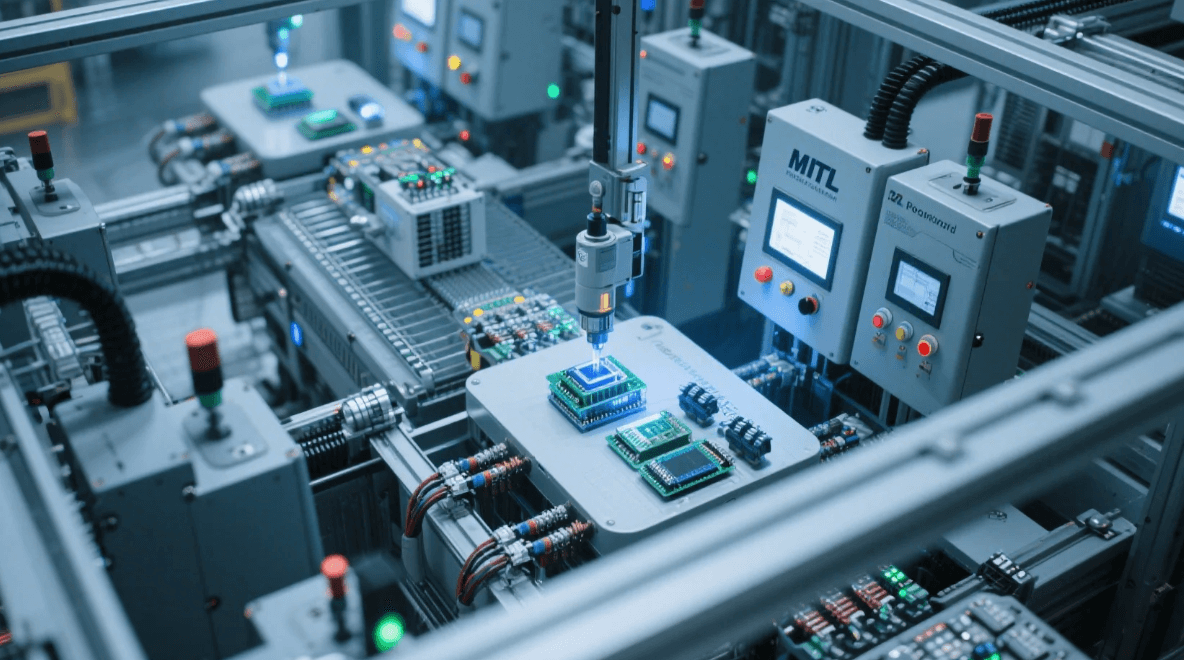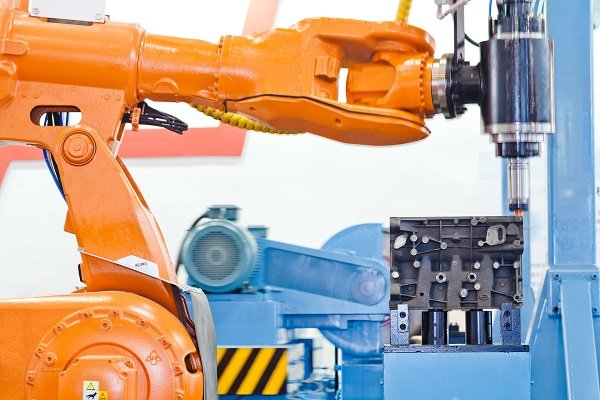Pepperl+Fuchsの産業用センサ:スマートオートメーションソリューションの先駆者
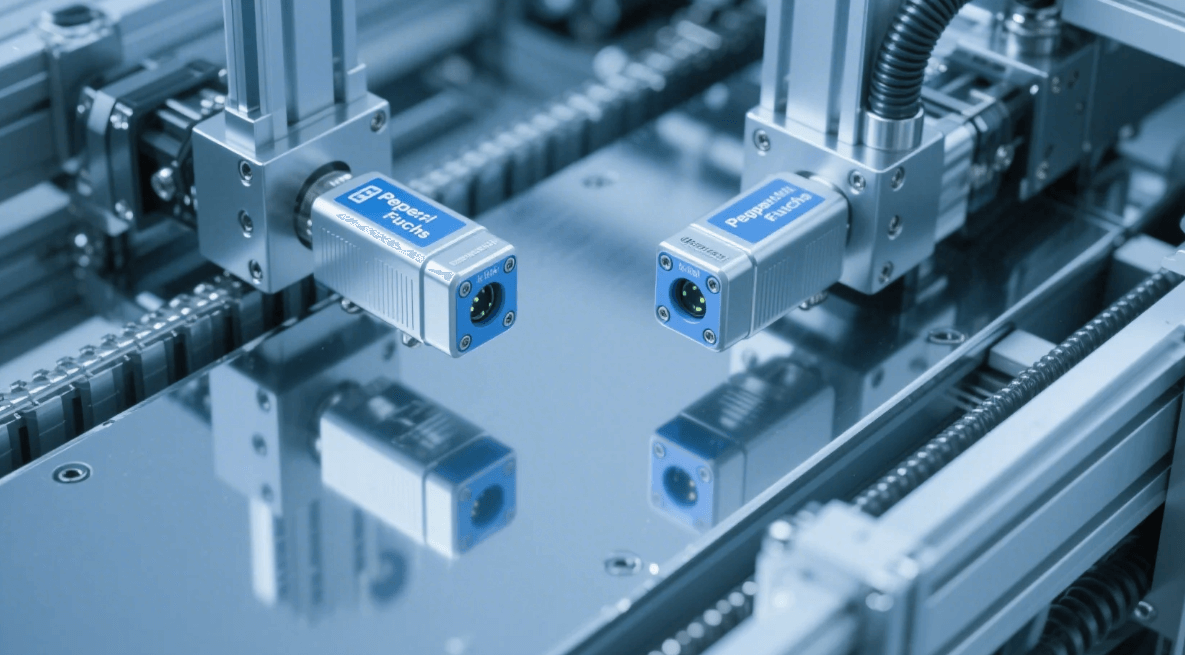
Introduction: Shaping the Future of Industrial Automation
In today’s rapidly advancing manufacturing landscape, precision and reliability are non-negotiable. 産業用センサー have emerged as critical components, driving smart automation, efficiency, and safety across industries. Among the pioneers in this domain, Pepperl+Fuchs continues to lead by blending technological excellence with real-world applications that benefit the entire electrical sector.
What Are Industrial Sensors?
Defining the Core Technology
産業用センサー are devices designed to detect, measure, and transmit information about physical properties such as distance, pressure, temperature, and object presence. They serve as the eyes and ears of automated systems.
Key Categories
- 近接センサー
- 光電センサー
- 超音波センサー
- 誘導センサー
- Capacitive Sensors
The Advantages of Using Industrial Sensors
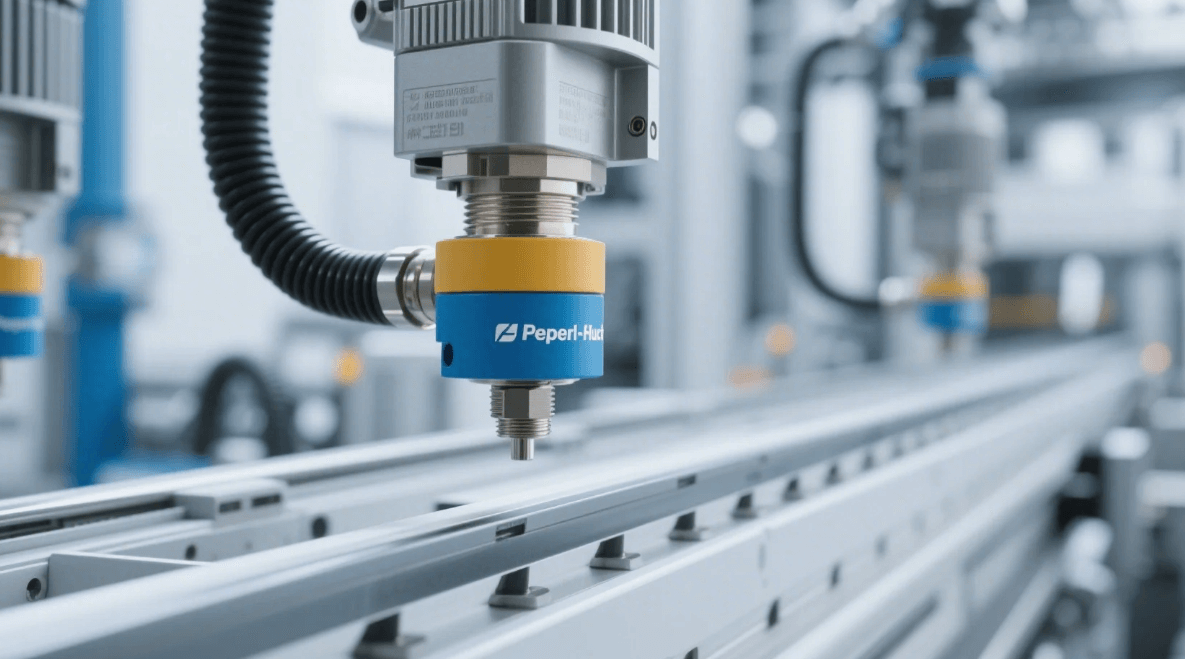
1. Enhanced Operational Efficiency
With real-time data capture, 産業用センサー minimize downtime, optimize workflows, and reduce manual errors.
2. Improved Safety Standards
Sensors detect dangerous conditions early, activating alarms or shutdown protocols to protect workers and assets.
3. Cost-Effective Maintenance
Predictive maintenance made possible through continuous sensor monitoring leads to fewer breakdowns and extended equipment life.
4. Smart Data Integration
モダン 産業用センサー feed data directly into IoT platforms and analytics systems, supporting smarter decision-making.
Pepperl+Fuchs’ Sensor Technology: Setting the Benchmark

Innovative Product Lines
From rugged inductive sensors to laser measurement devices, Pepperl+Fuchs offers solutions tailored to harsh and dynamic industrial environments.
Quality Assurance and Certification
Each sensor is engineered and tested to meet international standards, ensuring maximum reliability and performance consistency.
Custom Solutions
Pepperl+Fuchs provides customizable sensor systems, integrating seamlessly into existing infrastructures and diverse industries.
Applications of Industrial Sensors
製造・組立ライン
Automated production relies on precise sensing for positioning, sorting, and quality control.
Logistics and Warehousing
Sensors enable automated storage and retrieval systems (AS/RS), enhancing inventory accuracy and turnaround speed.
Oil, Gas, and Chemical Plants
Explosion-proof sensors ensure safe operations even in hazardous environments.
Renewable Energy Facilities
Wind turbines and solar farms use 産業用センサー for monitoring structural health and optimizing energy output.
Trends Shaping the Future of Industrial Sensors

AIと機械学習の統合
Sensors now collaborate with AI algorithms to predict failures and suggest operational optimizations.
Wireless and Remote Sensing Technologies
As industries demand flexible, low-maintenance solutions, wireless sensor networks are becoming standard.
Miniaturization and Multi-Functionality
Compact sensor designs with multiple detection capabilities expand their usage in space-constrained applications.
Why Choose Pepperl+Fuchs?
Proven Industry Expertise
Decades of field experience and continuous innovation position Pepperl+Fuchs as a trusted automation partner.
Comprehensive Support and Training
Customers receive end-to-end service, from sensor selection and customization to installation and post-sales support.
Future-Ready Technologies
Pepperl+Fuchs’ focus on R&D ensures that their 産業用センサー evolve in step with Industry 4.0 advancements.
Conclusion: Precision Sensing for a Smarter World
As the backbone of smart manufacturing, 産業用センサー are indispensable in achieving automation, safety, and operational excellence. Pepperl+Fuchs continues to set industry benchmarks, empowering businesses to innovate fearlessly and operate seamlessly. Investing in advanced sensor technology is not just a trend—it’s a strategic move towards sustainable success.
よくある質問
1. What industries can benefit from industrial sensors?
Manufacturing, oil and gas, logistics, renewable energy, and more.
2. How durable are Pepperl+Fuchs sensors?
They are designed to withstand harsh conditions, including extreme temperatures, moisture, and chemical exposure.
3. Can industrial sensors integrate with existing automation systems?
Yes. Pepperl+Fuchs sensors support open communication standards like IO-Link for easy integration.
4. Are wireless sensor options available?
Yes. Wireless solutions are part of Pepperl+Fuchs’ growing sensor portfolio.
5. How do I select the right sensor for my application?
Consult with Pepperl+Fuchs experts who can recommend tailored solutions based on your specific needs.





